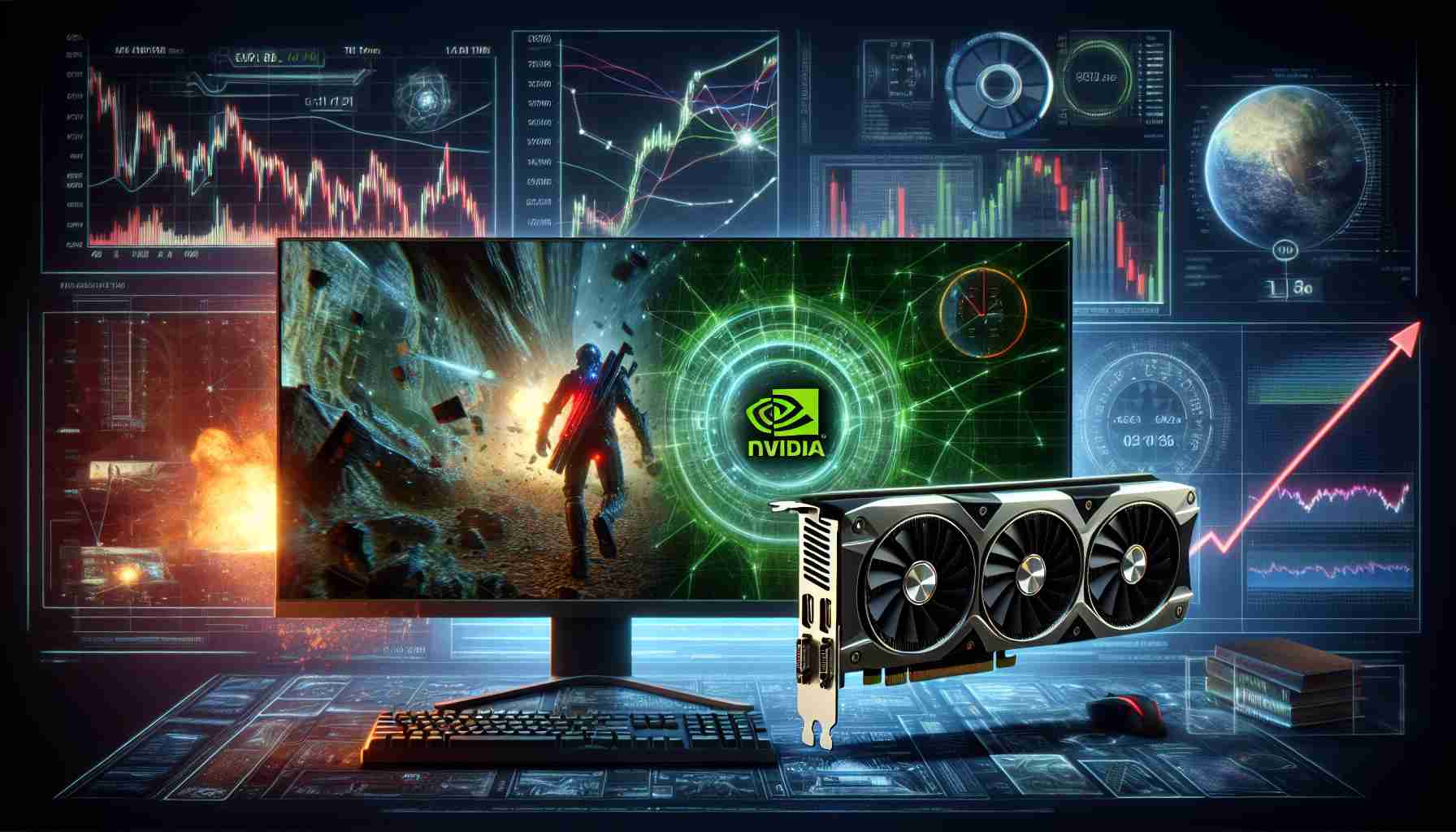OZP, a leading health insurance provider, has introduced an innovative solution for skin health monitoring through artificial intelligence via the SkinVision app. This development comes in response to increasing requests for skin examinations and the limited availability of healthcare professionals.
The rising demand for skin checks has exceeded expectations, with a noted annual increase of over 50% in doctor-referred examinations. According to the health director of OZP, this trend is a positive sign as it emphasizes the importance of preventive care, especially concerning skin cancer. OZP is proud to be the first health insurance company in the region to offer a free, convenient way for individuals to assess their moles anytime and anywhere using this smartphone application.
SkinVision utilizes advanced algorithms to detect common skin cancer symptoms with an impressive sensitivity of approximately 95%. Users can easily download the app, take a photo of their mole, and receive an analysis of its risk level. Should the assessment indicate potential danger, the app promptly advises users to consult a dermatologist, offering assistance in scheduling an appointment.
Beyond this service, OZP provides extensive benefits programs, ensuring members have easy access to healthcare resources. With options for covering preventive measures and personalized contributions, OZP is dedicated to supporting its clients in maintaining optimal health and well-being.
Revolutionizing Skin Monitoring: The Role of AI in Health Checks
The integration of artificial intelligence (AI) into health monitoring has opened new frontiers, particularly in the field of dermatology. The SkinVision app, recently adopted by OZP, exemplifies this trend. Emerging technologies are redefining how individuals can monitor their skin health, allowing for early detection of potentially life-threatening conditions like skin cancer.
What Are the Key Questions Surrounding AI Skin Monitoring?
1. How accurate is the AI in diagnosing skin conditions?
While SkinVision boasts a sensitivity of about 95%, it is crucial to understand that no AI tool is infallible. The accuracy can vary based on factors such as the quality of the image and the specific type of skin lesion. Users are encouraged to approach the results as preliminary assessments rather than definitive diagnoses.
2. What are the ethical implications of AI in healthcare?
The use of AI poses questions regarding privacy and data security. Users must trust that their personal health information is protected. Furthermore, reliance on AI could lead to over-treatment or under-treatment if users misinterpret the feedback from these tools.
3. Is AI skin monitoring a substitute for professional medical advice?
No, it is not. AI tools are designed to assist in self-monitoring and should complement, not replace, visits to healthcare professionals.
Key Challenges and Controversies
One of the primary challenges facing AI skin monitoring applications is the potential for misdiagnosis. As with any technology, there is a risk that users may develop false confidence in the app’s recommendations. Moreover, disparities in access to technology among different socio-economic groups can exacerbate healthcare inequalities.
Another controversy relates to the role of AI in decision-making. As AI systems become more prevalent in health diagnostics, there’s an ongoing debate about the degree of human oversight required, ensuring that medical professionals remain integral in the diagnostic process.
Advantages of AI Skin Monitoring
– Accessibility: With tools like the SkinVision app, users can easily monitor their skin health without having to schedule an appointment, making skin checks more accessible to a broader audience.
– Early Detection: The ability to analyze skin lesions quickly could lead to earlier interventions, significantly improving patient outcomes.
– Education and Awareness: AI tools can raise awareness about skin health and symptoms of skin cancer, fostering proactive healthcare behaviors among users.
Disadvantages of AI Skin Monitoring
– Over-Reliance on Technology: Users may become overly reliant on the app and neglect regular check-ups with dermatologists.
– Variable Accuracy: Although generally reliable, the system is not immune to errors, and users must still seek professional advice.
– Costs and Accessibility: While apps may be free to download, the integration of AI in healthcare could drive up costs for some services or create disparities in access among different populations.
Conclusion
As AI technologies continue to evolve, tools like the SkinVision app will likely play an increasingly important role in monitoring skin health. They provide a valuable additional layer of preventive care, though they are not without challenges. Engaging with new technologies responsibly, understanding their limitations, and maintaining human oversight are essential to maximizing their benefits.
For more information about these innovative health technologies, you may visit SkinVision.






















